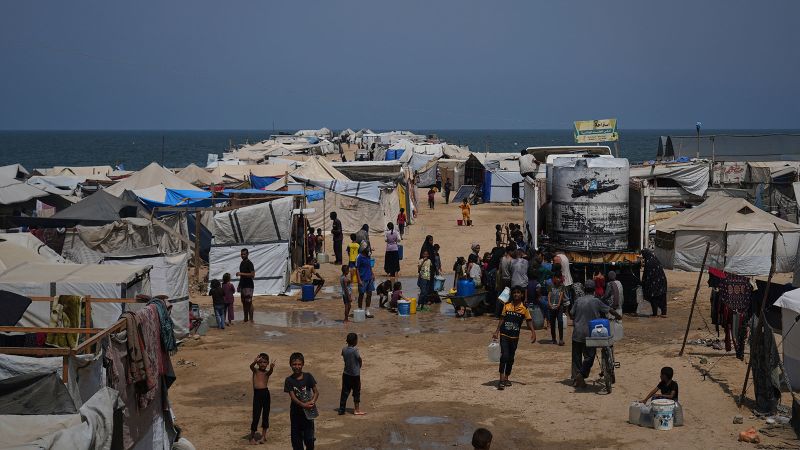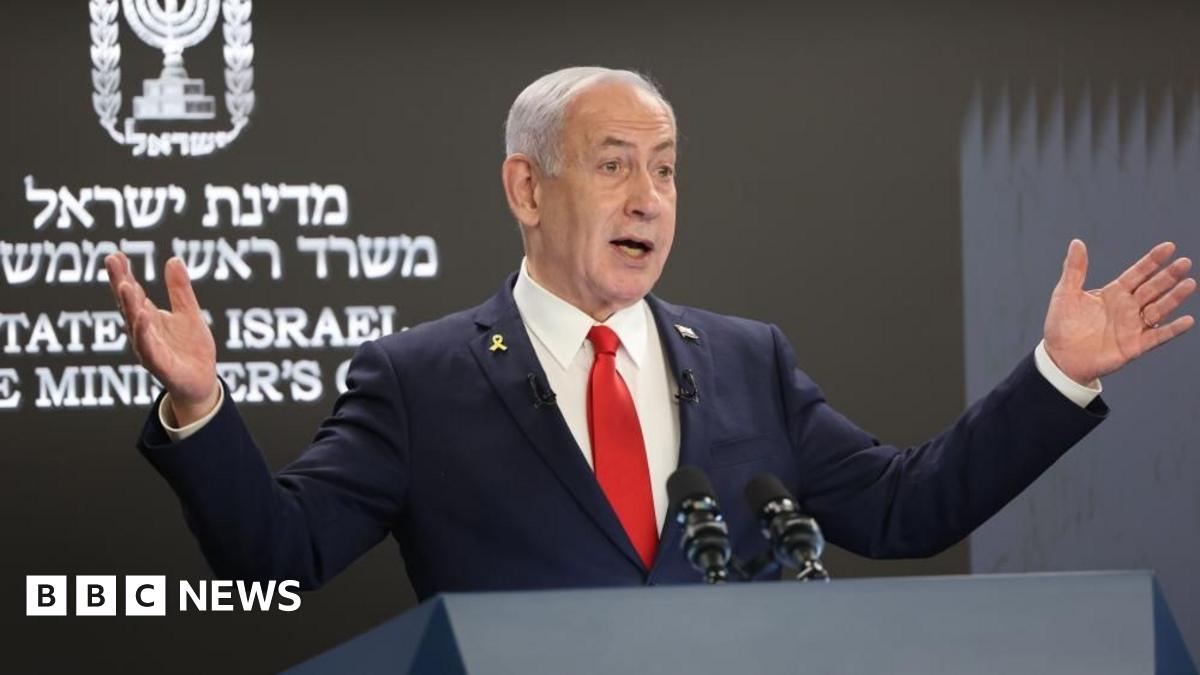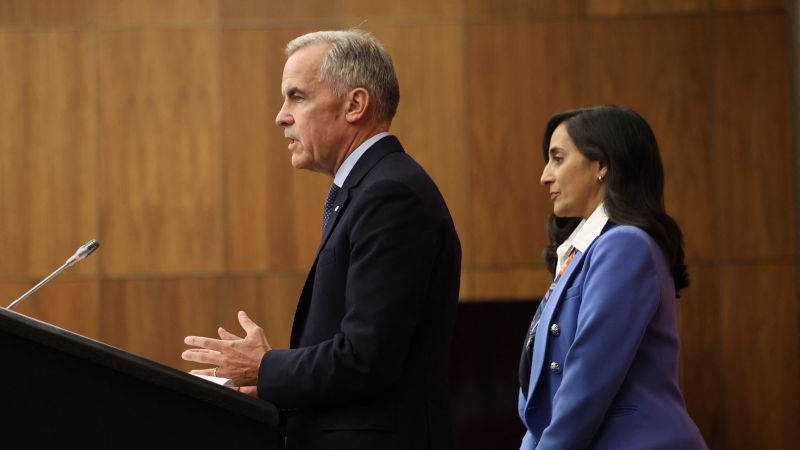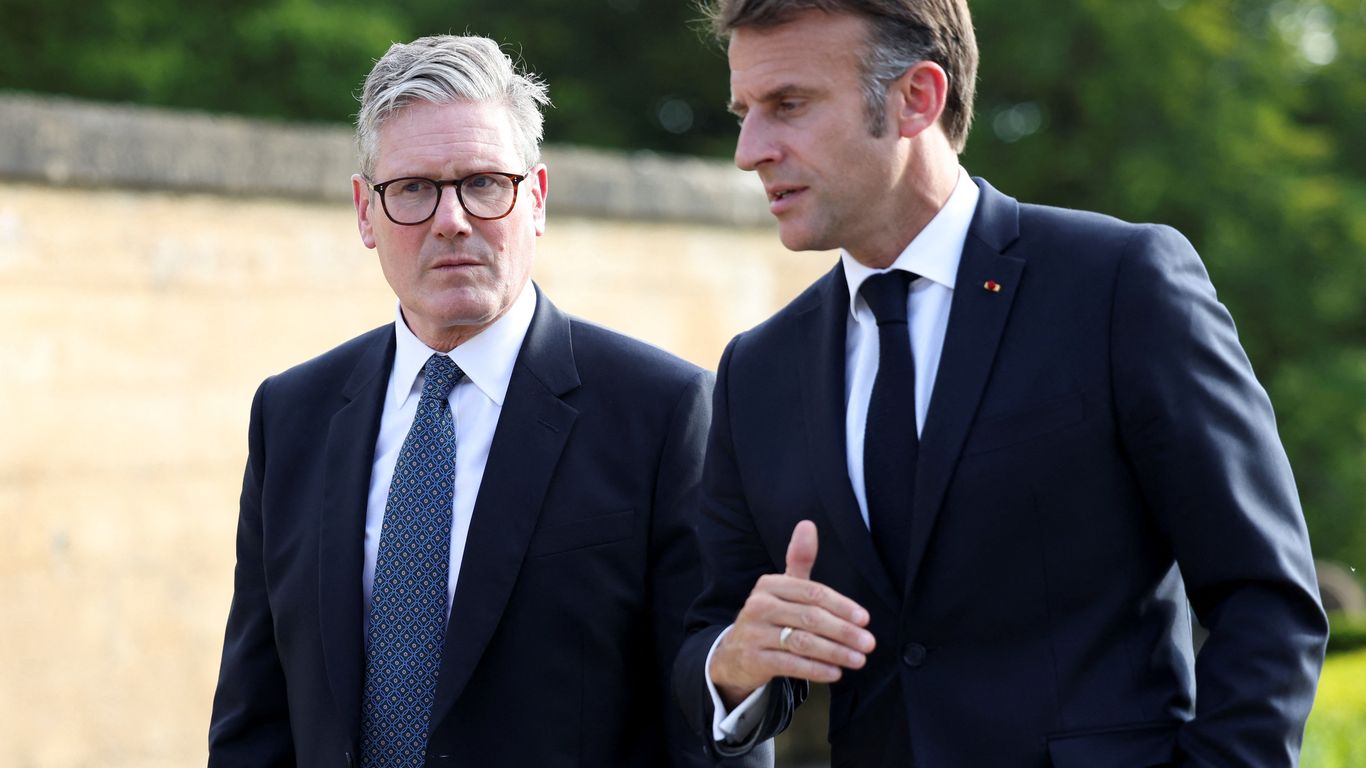Israel's Far-Right Minister Announces New Settlement Project in West Bank
Introduction
Israel's far-right finance minister has announced plans for a new settlement construction in the West Bank, a move that has drawn criticism from Palestinian leaders and human rights groups. The project is expected to effectively cut the West Bank in two, potentially hindering the possibility of a future Palestinian state. This controversial decision has sparked international concern and sparked a debate on the impact it will have on the already tense relationship between Israel and Palestine.
Key Details
The settlement project, which will be located in the Israeli-occupied West Bank, is set to begin soon despite the objections of the international community. This construction will include thousands of new homes and infrastructure, further solidifying Israel's control over the region. Critics argue that this move is a blatant violation of international law and will only serve to escalate tensions between the two sides. Palestinian officials have also expressed concerns that the settlement will effectively cut off their access to the Jordan Valley, a crucial part of their future state.
Impact
This new settlement project has far-reaching implications for both Israel and Palestine. It not only poses a threat to the possibility of a peaceful two-state solution, but it also undermines the efforts of the international community in resolving the decades-long conflict. The move has also drawn backlash from human rights organizations, who fear that it will only further perpetuate the violation of Palestinian rights. With tensions already high
About the Organizations Mentioned
Human Rights Organizations
Human rights organizations are primarily non-governmental organizations (NGOs) dedicated to the promotion, protection, and advocacy of human rights globally. These organizations work to defend civil, political, economic, social, and cultural rights as enshrined in international documents such as the Universal Declaration of Human Rights. Their core functions include monitoring government and non-state actor abuses, conducting research and fact-based investigations, lobbying policymakers, raising public awareness, and supporting local human rights defenders[1][3][4]. A notable example is the International Federation for Human Rights (FIDH), an international NGO that supports national human rights organizations to strengthen their capacity and influence. FIDH operates at national, regional, and international levels, targeting states, armed groups, and multinational corporations to hold perpetrators accountable and promote democratic processes. Its work is grounded on three pillars: securing freedoms for human rights defenders, promoting universality of rights, and ensuring rights’ effectiveness[1]. Other prominent groups include Amnesty International, which mobilizes millions worldwide for campaigns and advocacy, and Human Rights Watch, which hires experts to investigate abuses and push for reforms[3][4]. Historically, human rights organizations emerged post-World War II with the rise of the United Nations and the establishment of international human rights treaties. NGOs have since become vital watchdogs and advocates independent of governments, often driving global human rights agendas and influencing policy changes. They leverage technology and innovative strategies to document abuses and rally public support, making them key actors in the modern human rights ecosystem[2][4]. Currently, these organizations face complex challenges such as addressing violations by both state and non-state actors, including multinational corporations, amidst geopolitical tensions. They increasingly employ legal mechanisms like international criminal justice to hold violators accountable. Their ongoing relevance is sustained by global public advocacy and cooperation with local partners, ensuring both grassroots impact and international pressure for human rights compliance[1][3][5]. In essence, human rights organizations bridge local realities and international frameworks, using research, advocacy














